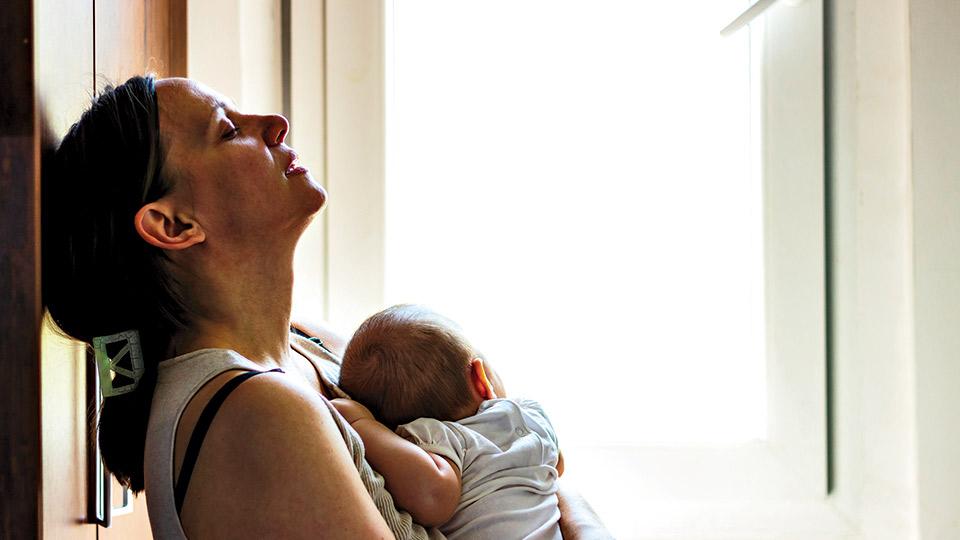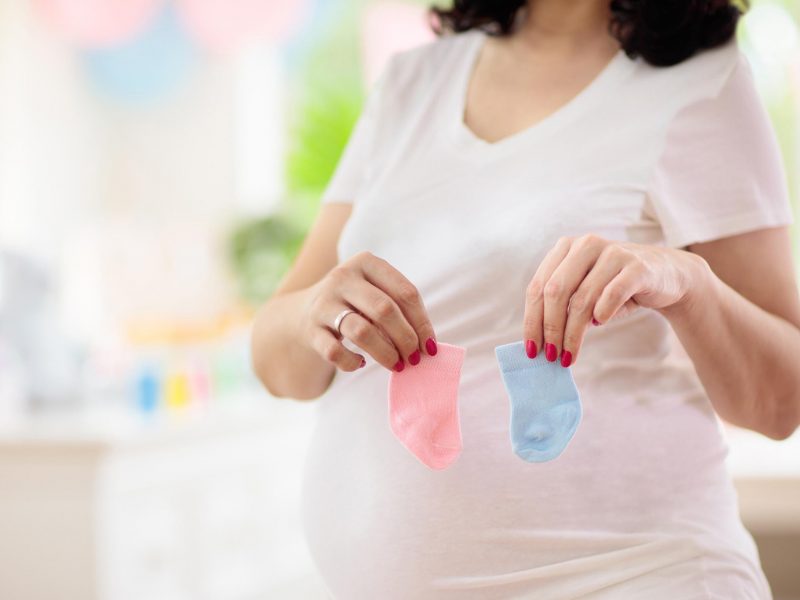
Challenges new mothers face and how to handle them
Pregnancy is an exciting time in a woman’s life. Whether a woman is a first-time mother or expecting again, this is a unique time that’s unlike any other in a woman’s life.
Once the baby shower gifts have been tucked away and it’s been a few weeks postpartum, that high of new motherhood may be replaced with various challenges, which can be especially unique for new mothers. Life as a new mom certainly can bring about immense modifications to lifestyle, physical appearance and even mood.
Here are some common changes that come from new motherhood and strategies regarding how to handle them.
Breastfeeding struggles
The saying “breast is best” has been around for some time. According to Breastfeeding Mama, breast milk has antibodies that help a baby fight off infection. It also evolves as needed to meet the needs of babies as they grow and develop. Some women are unable to breastfeed successfully, and some moms may feel the stigma of not being able to provide naturally for their children. According to the Office on Women’s Health, low milk supply, sore nipples, engorgement, plugged ducts, inverted or flat nipples, and infections may make breastfeeding difficult for women. Working with a lactation consultant could help new mothers iron out any difficulties they encounter. Choosing to pump breast milk and then using bottles are some additional ways to work around the challenges of breastfeeding.
Physical recovery
Many people talk about how difficult childbirth can be, but there isn’t much shared about the recovery. Those who had vaginal deliveries can expect soreness and injury recovery if tears occurred during delivery. After delivery, a woman will shed the superficial mucous membrane that lined the uterus during pregnancy, says the Mayo Clinic. A discharge made up of this and blood can occur for weeks. Afterpains, which are like contractions, may occur as well. Incontinence and hemorrhoids also may occur after delivering a baby.
Women who have undergone Caesarean sections will have to recover from the surgery. Fatigue, pain at the incision site, and avoidance of heavy lifting is necessary.
It can take weeks before a new mother starts to feel like herself. Patience, relying on others for help and making time to focus on oneself can help new moms heal.
Mood changes
According to PostpartumDepression.org, one in 10 women will experience postpartum depression after giving birth (other studies suggest one in seven women develop postpartum depression). The condition generally lasts between three and six months. Younger mothers under age 25 may be more vulnerable to postpartum depression.
Even if full-blown postpartum depression does not occur, hormonal changes post-delivery can cause mood swings that are similar to those experienced during pregnancy. Feeling overwhelmed, short-tempered, resentment, and similar emotions can occur. Talking to others or even a professional therapist can assist new moms. In the event of severe symptoms, a doctor may suggest a short course of antidepressants or anti-anxiety medication.
Changes are to be expected when baby arrives. Moms can do their best to cope with the ups and downs.
– Metro Creative





